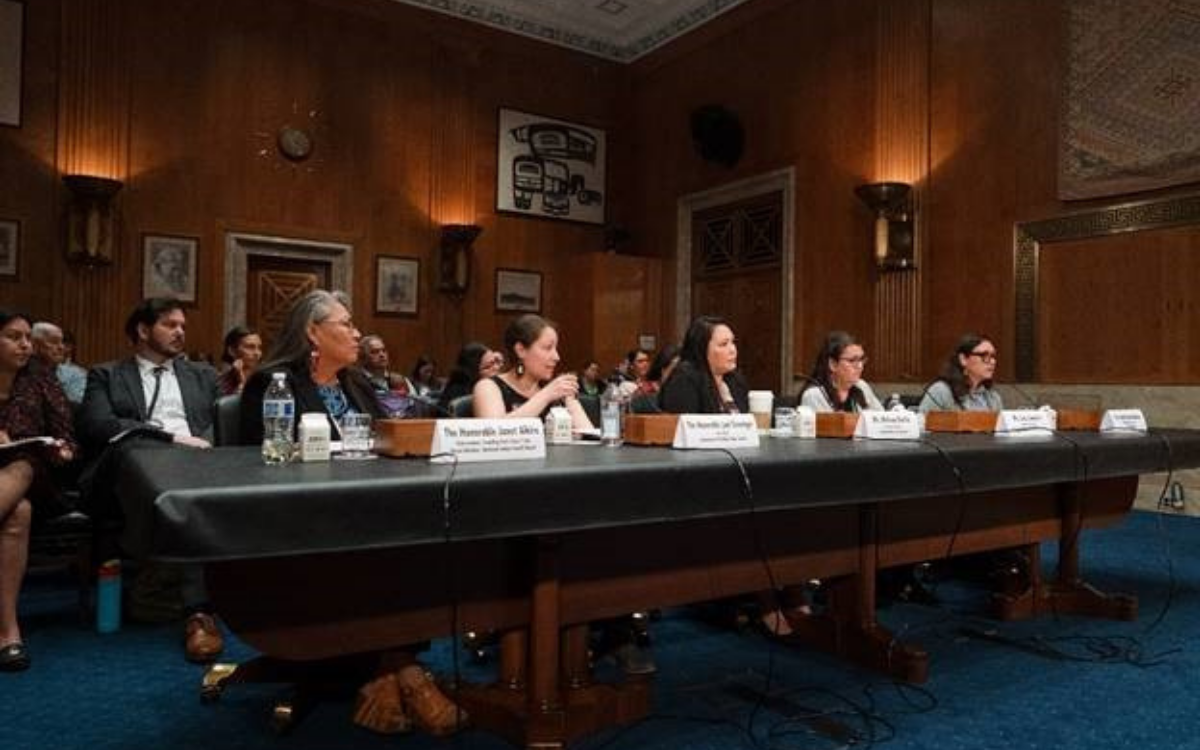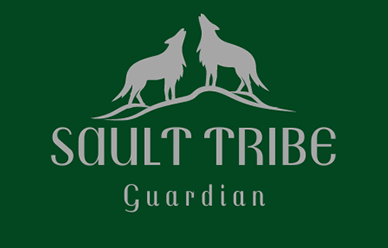May 16 2025.
Washington, DC – U.S. Senator Brian Schatz (D-Hawaiʻi), Vice Chairman of the Committee, and U.S. Senator Lisa Murkowski (R-Alaska), Chairman of the Senate Committee on Indian Affairs, led a hearing entitled “Delivering Essential Public Health and Social Services to Native Americans – Examining Federal Programs serving Native Americans across the Operating Divisions at the U.S. Department of Health and Human Services” before the Senate Committee on Indian Affairs. This hearing gave the Committee the opportunity to examine critical programs within the U.S. Department of Health and Human Services that are also essential to upholding the federal government’s trust responsibility for the health and well-being of Native communities, but are not under the Indian Health Service.
“Providing health care is a fundamental federal promise to American Indians, Native Hawaiians, and Alaska Natives that is carried out by over a dozen HHS agencies. But despite a lot of promises from the HHS Secretary about strengthening Native health care and addressing longstanding issues, we’ve seen this new administration is engaging in staff layoffs, office closures, funding freezes, and proposed budgets cuts that will undermine the quality of care and overwhelm a health care system that’s already on the brink. And worse, these cuts are being carried out without any legally-required consultation whatsoever,” said Vice Chairman Schatz. “Now is the time to stand together to protect Native health care, and to do so on a bipartisan basis.”
“As we look broadly at the programs within HHS, we must remember that for many Native communities, non-IHS programs are just as important as those under the Indian Health Service. From public health initiatives to social services, these programs often provide the only consistent access to basic supports for the most vulnerable members of Native communities,” said Chairman Murkowski. “Given the scope and critical nature of these HHS programs, we are hearing growing concerns from Tribes and Native communities about the Executive Order on Optimizing the Workforce across the federal government and the HHS announcements about reorganization and RIFs. I hear regularly, and I know my colleagues do too, from constituents asking how do these proposals affect me and the delivery of essential services.”
The following witnesses participated in the Oversight Hearing:
- THE HONORABLE JANET ALKIRE, Chairwoman of the Standing Rock Sioux Tribe, Fort Yates, North Dakota.
- THE HONORABLE LONI GRENINGER, Vice Chair, Jamestown S’Klallam Tribal Council, Sequim, Washington.
- MS. MELISSA CHARLIE, Executive Director, Fairbanks Native Association, Fairbanks, Alaska.
- MS. LUCY SIMPSON, Executive Director, National Indigenous Women’s Resource Center, Lame Deer, Montana.
- DR. SHERI-ANN DANIELS, Chief Executive Officer, Papa Ola Lōkahi, Honolulu, Hawaiʻi.
- Video of Hearing.


